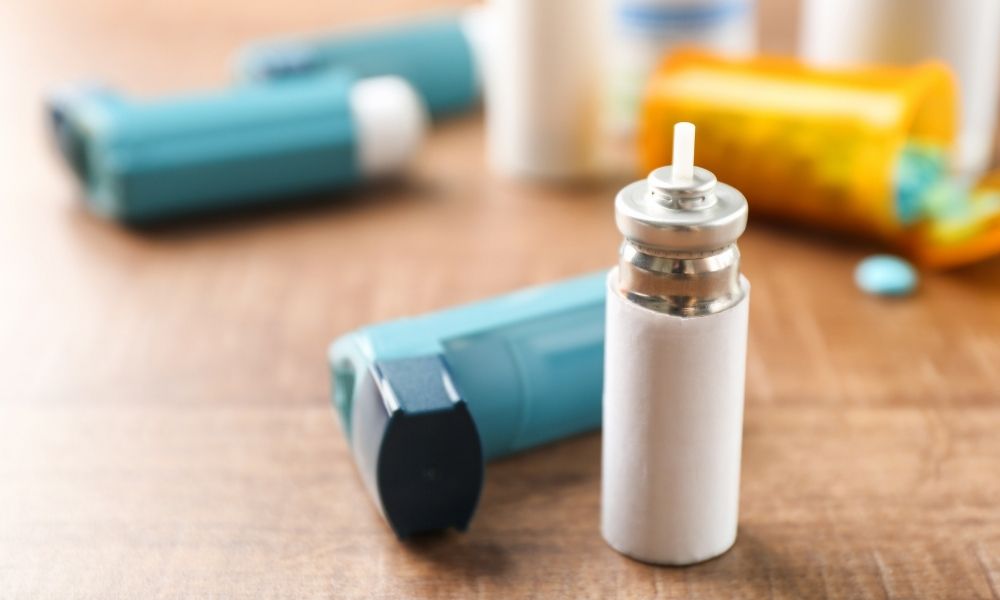
When you have asthma, it is essential to know how long your inhaler medications will last and the appropriate time to replace your inhaler. While some inhalers include a counter to ensure you stay on track, others do not and leave it up to you to calculate how much medicine is available.
Luckily, Allergy & ENT Associates can provide you with the best methods for asthma treatment, information to help you stay on track with your asthma medication, and notify you when it’s time to replace your inhaler.
When to Replace Your Asthma Equipment
When you get new asthma equipment, it’s best to keep any instructions that come with the inhaler. The manufacturer will provide information about how long the equipment should last, tips for cleaning it properly, and the best maintenance and care instructions.
When it’s time to replace your inhaler, you will need a prescription from your doctor.
When to Replace Your Asthma Medication
Because there are various asthma medications from different manufacturers, it is essential to familiarize yourself with the medicine prescribed to you. The best way to know when to replace your medication is to count your inhaler puffs.
Most albuterol inhalers provide 200 puffs of medicine, and a typical dose of albuterol is two puffs. If your asthma is under control, you should only use this before rigorous exercise or on an as-needed basis.
Flovent inhalers, on the other hand, provide 120 puffs. Based on dosage recommendations from your doctor, you may need to use up to four puffs per day, meaning this inhaler should last about 30 days. After you hit the 30-day mark, you should replace the inhaler because all that will be left are propellant and preservatives.
Why Your Asthma Medication May Change
Your condition can change when you have asthma, resulting in your asthma medication changing. Although changing medication may seem scary, it’s often best for you and your lifestyle. Here are common reasons why your asthma medication may change:
- The new medicine helps improve your asthma symptoms and reduce the swelling of your airways.
- If you’re relying too much on your medication, your doctor may recommend adjusting your asthma treatment.
- If you are having trouble using your inhaler correctly, the doctor may prescribe an easier inhaler for you to use.
Still unsure about the appropriate time to replace your inhaler? No worries, Allergy & ENT Associates is happy to help! Contact us today at (713) 574-7692 to make an appointment. If you’re in the Houston area and need the best asthma treatment, we’re here for you.



